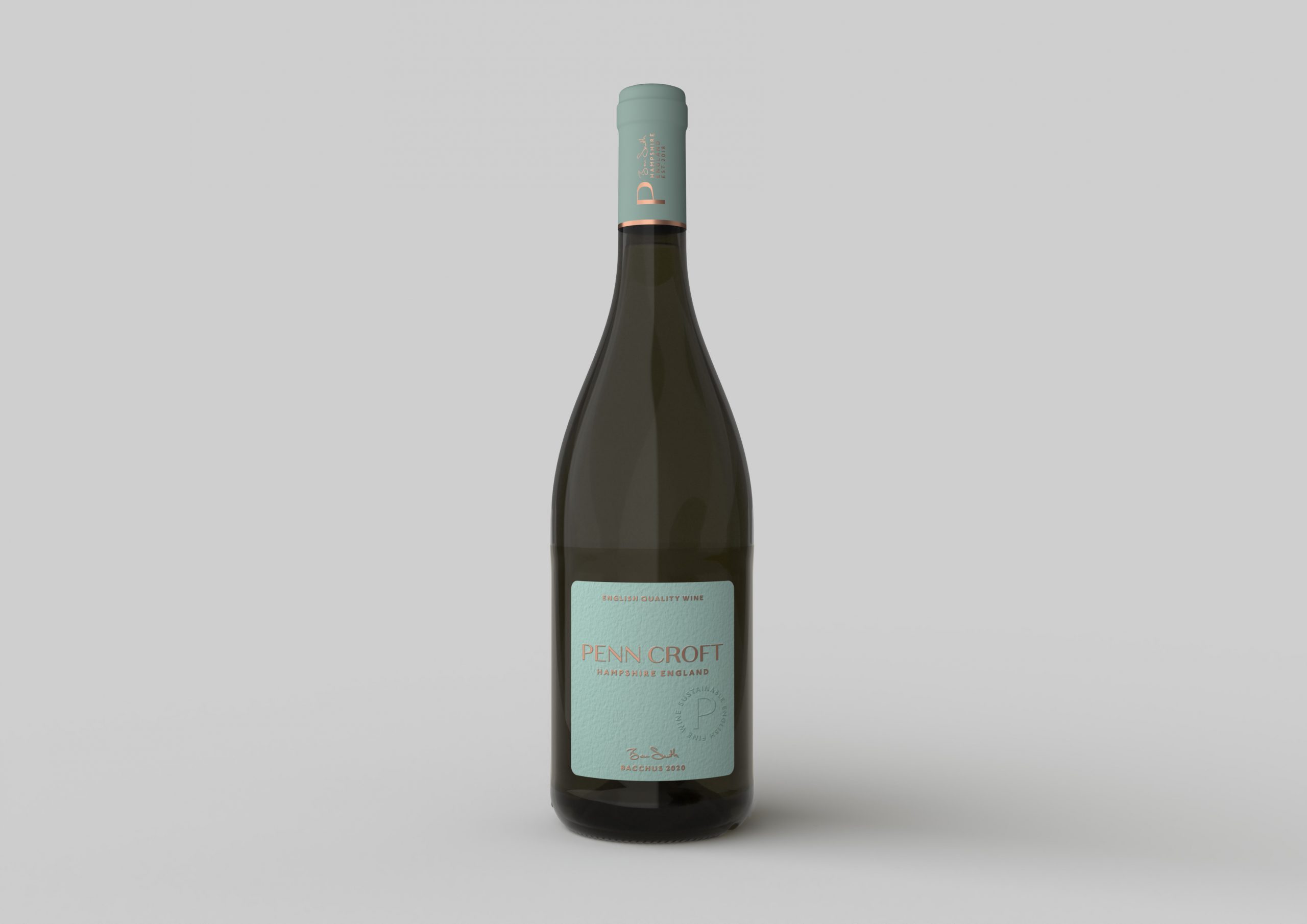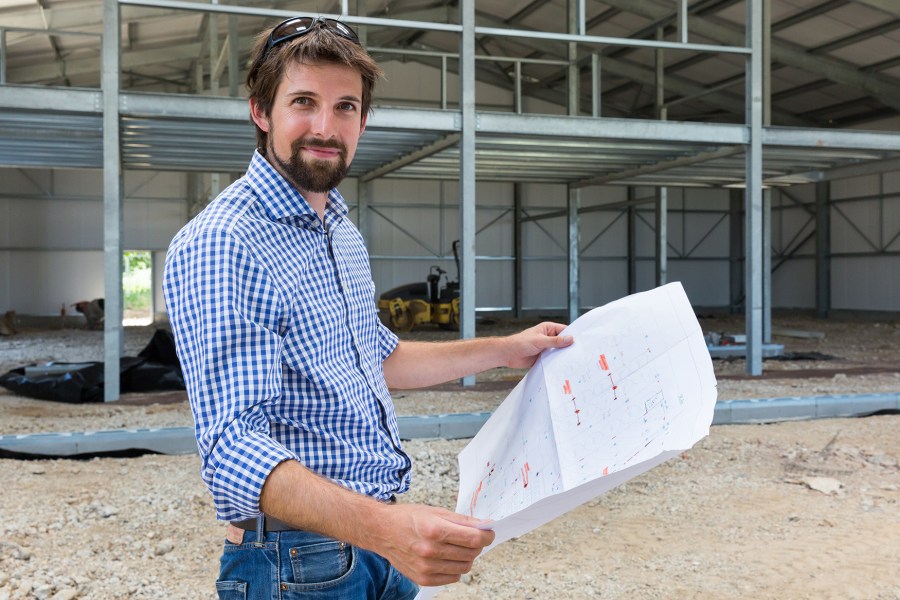The opportunity to blend art and science, and fulfil his creative side, steered Ben Smith to a career in winemaking and then Itasca Wine’s vision for sustainability brought him to the 600 tonne contract winery, in Hampshire – and the chance to work with great vineyards from Somerset to Essex and create a full spectrum of wine styles.
Why did you choose winemaking?
I have a creative side, so winemaking is an excellent, and very rewarding, way to combine art with science. I think the wines I’ve been most proud of have come from gut feeling, not trying to push or shoehorn something, but reacting as best you can to what the vineyard and vintage has provided. I believe that great wine begins in the vineyard and the role of the winemaker is to harness that potential to make top quality wines.
I started my career in the commercial side of the industry, working for Sogrape – who own a range of wineries and brands around the world. I did a stint in New Zealand – and fell in love with winemaking – and Riesling in particular. Andrew Hedley at Framingham in New Zealand is a winemaking genius and was a bit of a mentor to me – that’s really where I saw first-hand the benefits of small batch winemaking and I’ve tried to follow that approach ever since.
Contract winemaking at Itasca
After working in wineries across the globe from New Zealand, Western Australia, Tasmania, Canada, Alsace and Châteauneuf-du-Pape I returned to England and made the wine at Oxney Organic Estate from 2015 – 2020 vintages.
In spring 2021 I became Head Winemaker at Itasca Wines, a 600 tonne state-of the art custom built facility offering vine to bottle contract winemaking, bottling, disgorging, laboratory, labelling and storage services to clients across the UK. The winery is built with the environment in mind – it has solar panels supplying most of the power needs and a complete wetlands system for wastewater treatment. A key element of what drew me to Itasca was the vision for sustainability – lots of energy goes into making sure every facet of the business has sustainable practices at its core. We are already seeing incredible demand and I’m sure, with the number of vineyards and acreage under vines increasing every year, there is an undeniable opportunity for a state-of-the-art sustainable winery to thrive and grow.
The Penn Croft brand
As well as offering contract services, we also make our own wine under the Penn Croft label. We have launched a Bacchus and will put out a still Pinot Blanc in December 2021. The latter I’m particularly excited about – the wine is still a baby but has a huge amount of potential.
What are your top tips for a career in winemaking?
Definitely get hands on experience in wineries and cellars where you like the wines, make sure you have an interest in the styles being produced and ensure that you can spend some time with the winemaker.
What are your thoughts on the future?
I think the future is exciting and that still wine production, in particular, will gain more traction. With the right vineyards, sales channels and price points I think we can make some pretty exciting wines in the UK that are commercially viable. For most, 2021 was a challenging harvest and we’ll definitely have to build on that experience. However, we now have some very talented viticulturalists here in the UK, many of whom I’m lucky to work with over various projects – they really are the starting point for driving the industry forward.
What is the last English or Welsh wine you drank?
I recently visited Emma Rice at Hattingley Valley and tasted through some of their wines – and the Hattingley Valley Blanc de Blanc 2014 is superb!
Do you have any spare time?
Not a lot! But I play a lot of beach volleyball whenever I get the chance, much like winemaking it’s a great community and has a competitive element but is always friendly!





